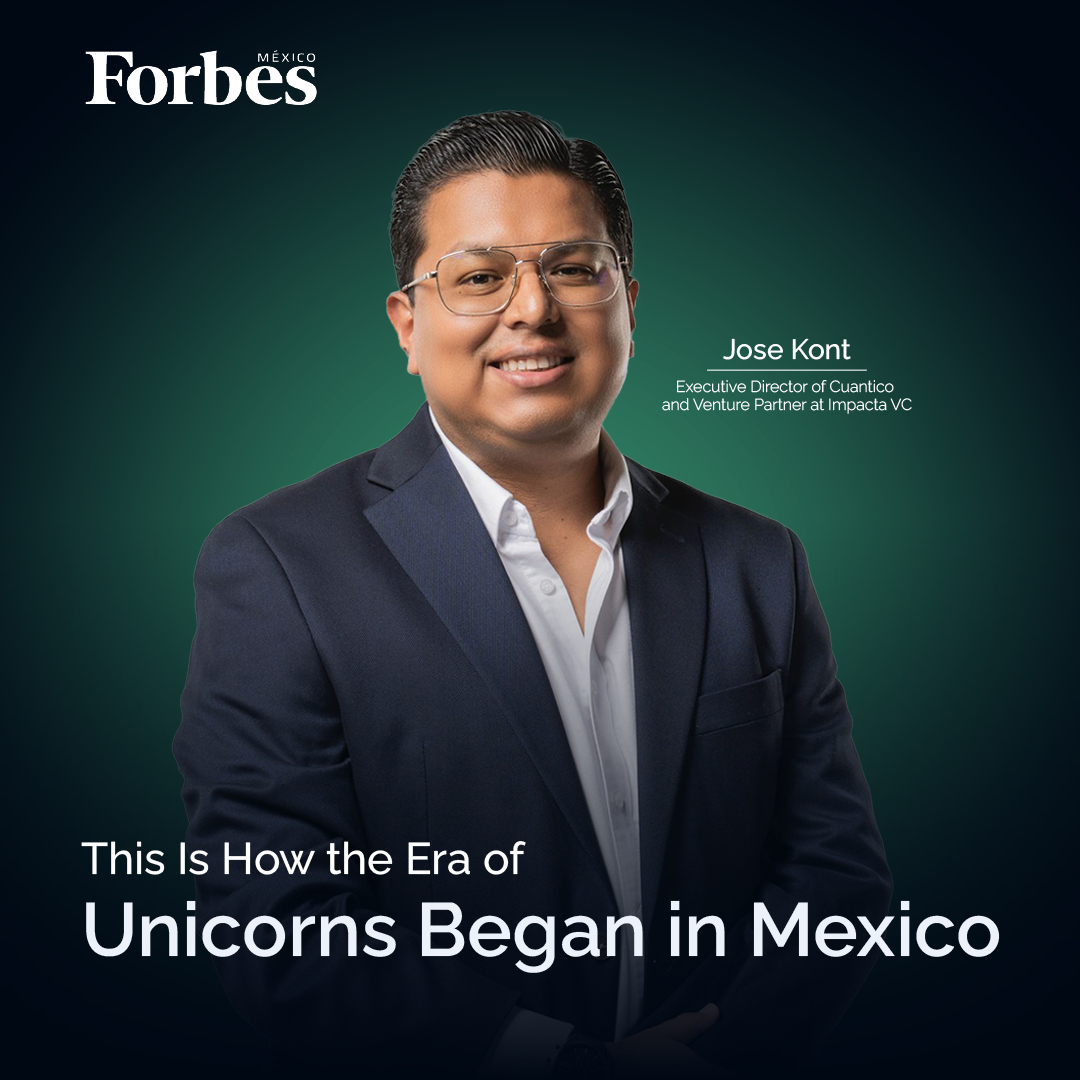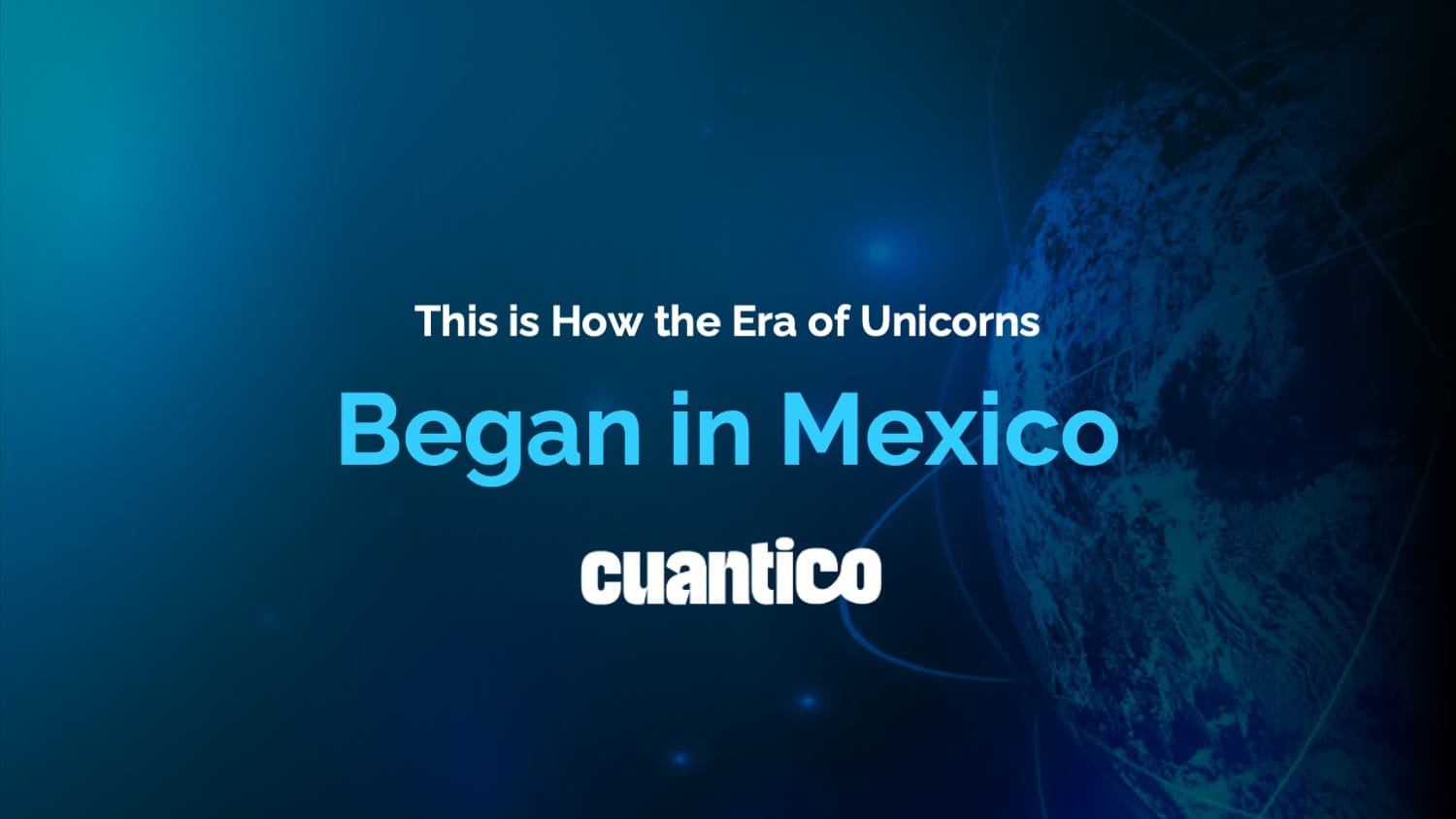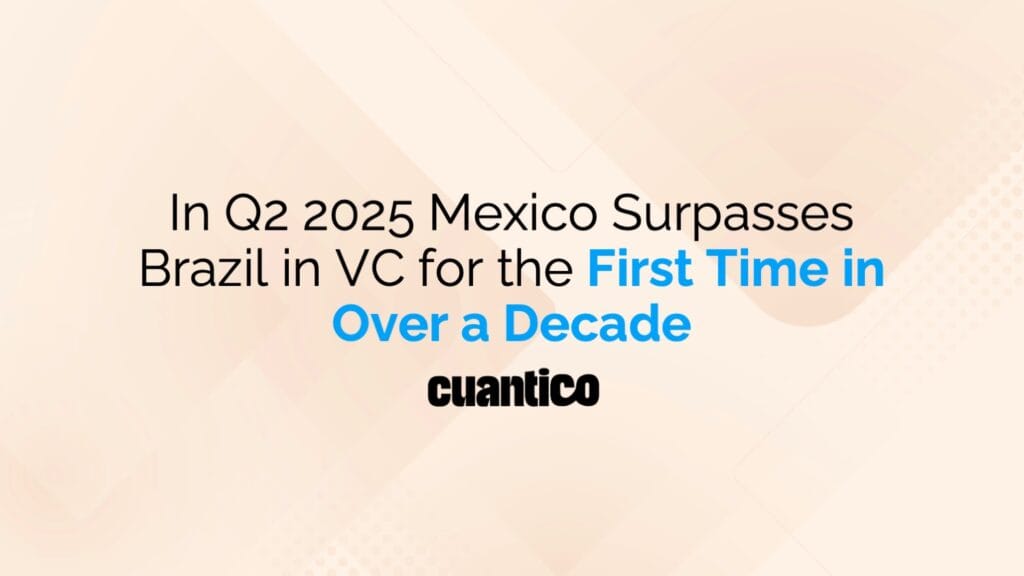This column was originally published in Forbes Mexico in its Spanish edition.
Currently, the concept of a «unicorn» in the tech world is widely known, with more than 1,300 such startups around the globe. Two surprising phenomena over the past 10 years give us glimpses of the future of innovation and tech entrepreneurship.
The term «unicorn» was first coined in 2013 by Aileen Lee, founder of the venture capital firm Cowboy Ventures, based in Palo Alto, California. During an analysis of the valuations of hundreds of startups, Lee discovered that out of approximately 60,000 companies founded between 2003 and 2013, only 39 had reached a valuation of over a billion dollars. This rarity led Lee to introduce the term «unicorn» in her article titled «Welcome to the Unicorn Club: Learning from Billion-Dollar Startups.«
Since then, 11 years have passed, and two surprising facts illuminate the potential future of innovation that we’ll see in the coming years.

First, on a global scale, unicorns in the United States currently account for 48% of the total, followed by China with 25%, India with 6%, and the rest of the world with 21%. This shift is remarkable, especially considering that in 2013, when the term was coined, 100% of unicorns were based in the United States. Today, more than half of these startups are outside of the U.S.
Second, the increasingly frequent emergence of unicorns in other regions has driven a geographical diversification of venture capital. According to Endeavor, in 2003, 90% of venture capital was invested in U.S. startups. By 2013, this percentage had dropped to 70%, with 30% going to other parts of the world. In 2023, a tipping point was reached: only 40% of venture capital is now invested in U.S. startups, while 60% goes to startups in the rest of the world.
This phenomenon has helped make the era of unicorns a reality in markets like Mexico. In her book «Creating Unicorns: The Future of Entrepreneurship is in Mexico,» Paola Villareal Carvajal documented for the first time the history and evolution of unicorn startups in the country, revealing insightful data on the impact these companies have had on the innovation and entrepreneurship ecosystem in the region:
- In Latin America, only six countries have unicorns: Argentina, Brazil, Chile, Colombia, Mexico, and Uruguay.
- In Mexico, Clara has been the fastest startup to achieve unicorn status.
- Most unicorns in Mexico emerged after 2015.
- The largest unicorns by valuation in Latin America are Kavak (Mexico), Rappi (Colombia), and QuintoAndar (Brazil).
- Endeavor Mexico has invested in more than five unicorn companies in the country.
- At the end of 2020, Mexico announced its first unicorn: Kavak.
Being a unicorn is not synonymous with success; it is simply an indicator of a company’s valuation. However, the rise of such startups in the region has been key to inspiring and educating thousands of entrepreneurs, proving that it’s possible to build global-scale companies from Latin America.
Undoubtedly, the companies that will lead various sectors in 10 years are startups being born today, but no longer in the garages of Silicon Valley. Instead, they’re emerging from the streets and avenues of Latin American cities, building the dream of having societies and countries where the aspiration is no longer to emigrate, but to stay, grow, and thrive.
Jose Kont is Executive Director of Cuantico and Venture Partner at Impacta VC.



